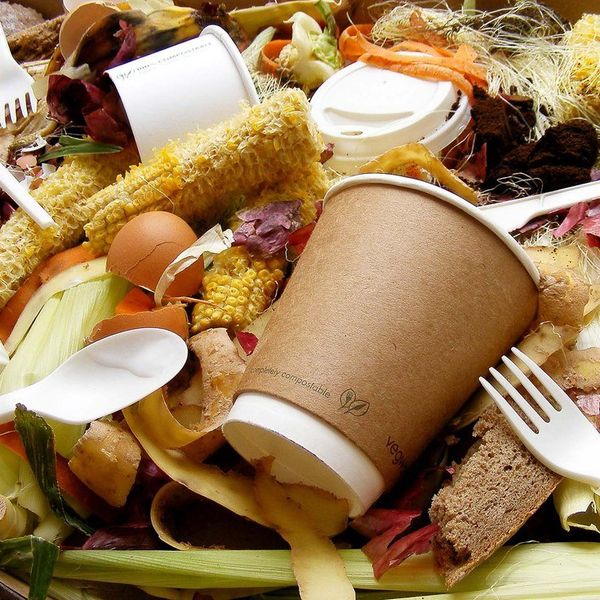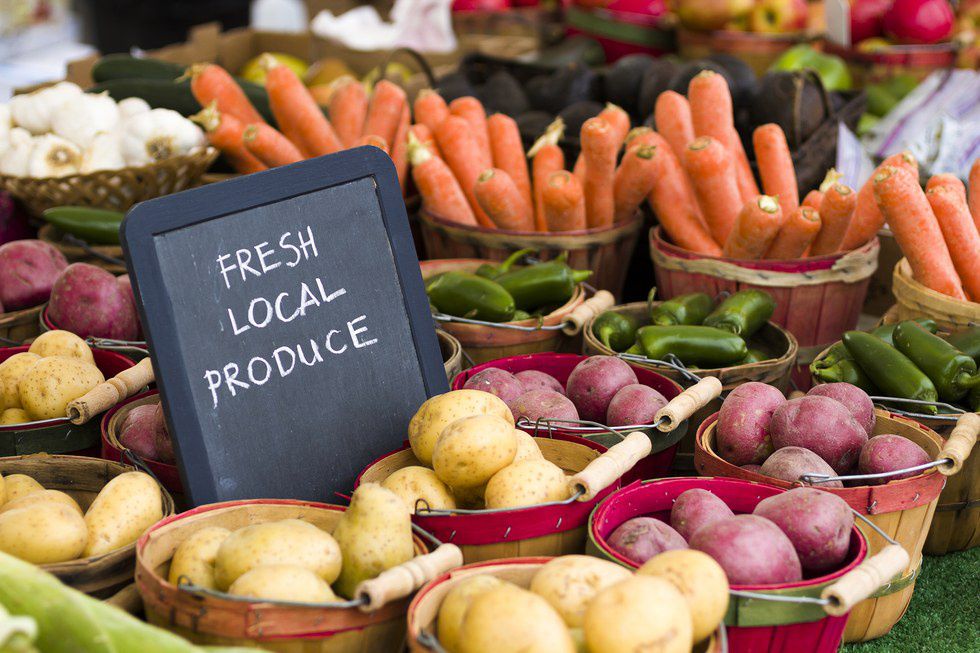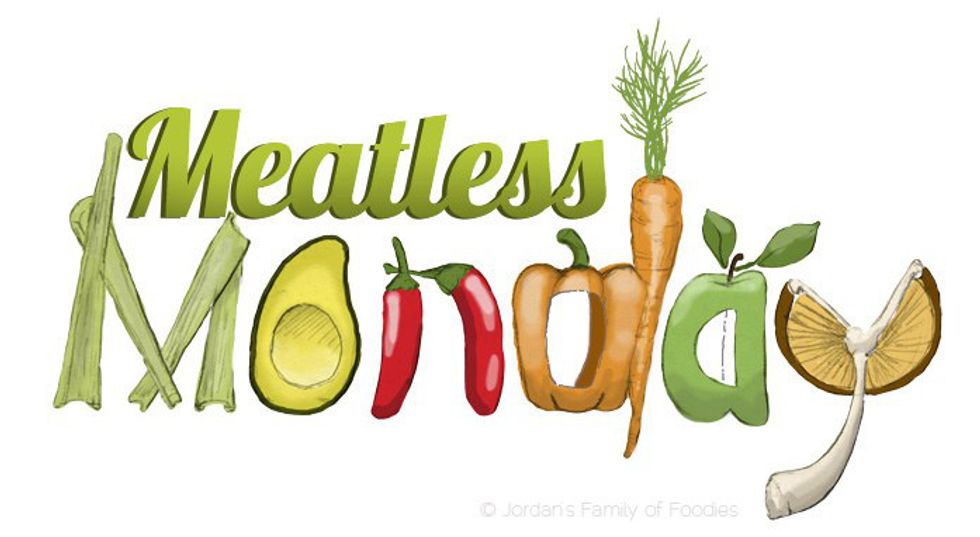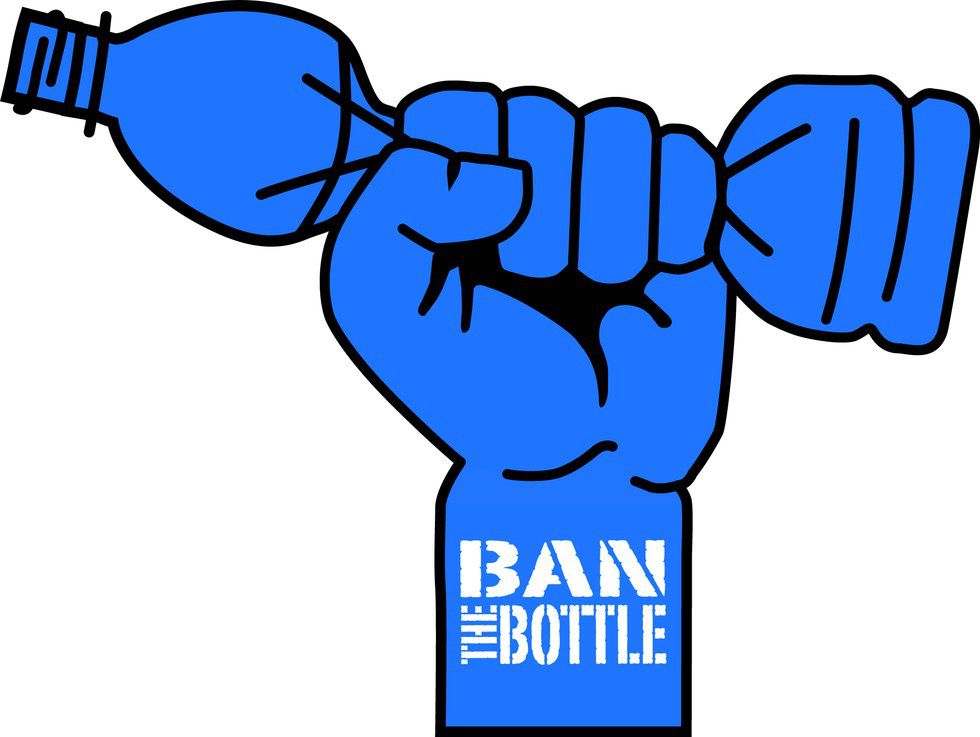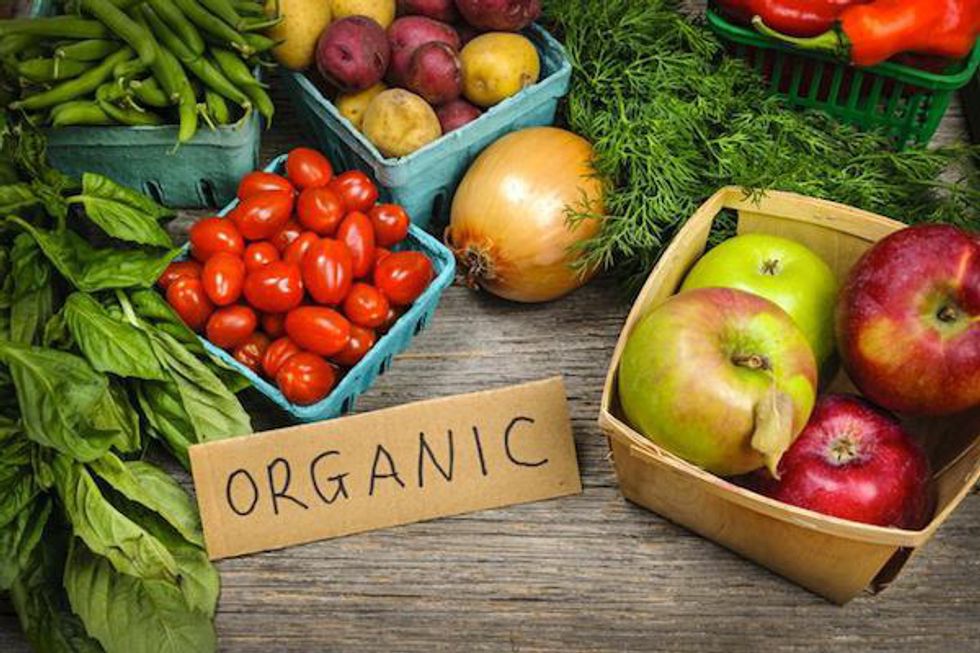As an Environmental Science major and as a green activist, sustainability is something that’s very important to me, and it really should be important to you, too. The point of this article, however, is not to convince you to become some green extremist or some climate warrior, but instead to make a small, simple everyday effort to be environmentally conscious.
In general, I think the biggest reason people choose to not be sustainable is not because they don’t want to be, but because it’s too difficult; for instance, people might be super pro-fracking or pro-oil (even though they shouldn’t be), but no one is pro-waste, or anti-recycling. Living sustainably is not hard, but it does require a conscious and deliberate effort. So for all of you people out there who want to do something to conserve energy or resources, or to maybe even to save a little money, here are a few easy ways to live sustainably.
1. Recycle
Recycling is probably the easiest way to reduce your carbon footprint. Not only are you conserving resources by recycling, but you’re also eliminating all of the energy used to process that material as waste. Recycling likewise has a huge positive effect: for instance, according to a recent study done at Stanford, one ton of recycled plastic saves 5,774 Kwh of energy, 16.3 barrels of oil, 98 million Btu's of energy, and 30 cubic yards of landfill space. Wowza.
2. Buy locally
Buying locally is good for everyone. Not only is your produce fresher, but it also helps the economy, and enormously cuts down on your waste. Think of all of the energy you are saving from the transport process by buying strawberries at the local farmer’s market, rather than buying strawberries imported from California.
3. Try Meatless Monday
One of the numerous benefits of not eating meat is that you conserve a massive amount of energy, since raising livestock is one of the most energetically wasteful practices (Think about it: livestock requires an enormous amount of space, water, and food-- not to mention all of the energy used to cut, prep, and transport the meat). According to Food Tank, raising one pound of beef requires 1,799 gallons of water, while raising one pound of corn only takes 108. As a person who has dabbled with vegetarianism on and off, I understand that it’s difficult to cut meat out entirely; instead, if you skip out on meat for one day a week you can greatly reduce your energy consumption (and also save an animal or two).
4. Compost
Composting is not only good for the environment, but it’s also good for your soil and your budget. Instead of wasting money on synthetic, commercial fertilizer, you can recycle your food and paper scraps to do the same thing. Likewise, composting prevents a significant amount of waste from ending up as landfill.
5. Turn off your lights
This is also a really obvious one, but turning off any unnecessary lights saves a ton of energy and money. Always turn off your lights when you leave the house or room, and even try to power down for one day or night a week.
6. Stop buying bottled water
Bottled water is quite possibly the most infuriating staple of the 21st century, and I could easily write an entire essay about the reasons why you should avoid bottled water at all costs. For brevity’s sake, however, I will try to condense. First, buying bottled water is extremely wasteful.
According to Ban the Bottle, on average, Americans use about 50 billion plastic water bottles a year. The energy required to make all of those plastic water bottles is enough to fuel 1.3 million cars for a year. Second, plastic is actually quite difficult to recycle: the U.S.’s recycling rate for plastic is about 23 percent, meaning that only 23 percent— or 11.5 billion water bottles— of the 50 billion water bottles used a year are actually recycled. That leaves an entire 38.5 billion plastic water bottles that are processed as trash a year. Third, there thousands of studies that show that bottled water is no better than tap water (at least in most developed countries). So by buying plastic water bottles, not only are you being extremely wasteful, but you are also quite literarily selling yourself short. As an alternative, buy a sturdy reusable water bottle and keep filling it up as you go.
7. Buy organic
I know there’s a lot of hippie, left-wing hype about buying organic, but most of it is actually quite valid. Buying organic, although it might be a little more expensive, is so much better for the planet, and for your body. Most non-organic crops are treated with pesticides and toxins, which are not only harmful for you, but also are also significant pollutants for the environment. Pesticides often drift and negatively effect species other than their intended targets, in addition to volatilizing in the atmosphere.


